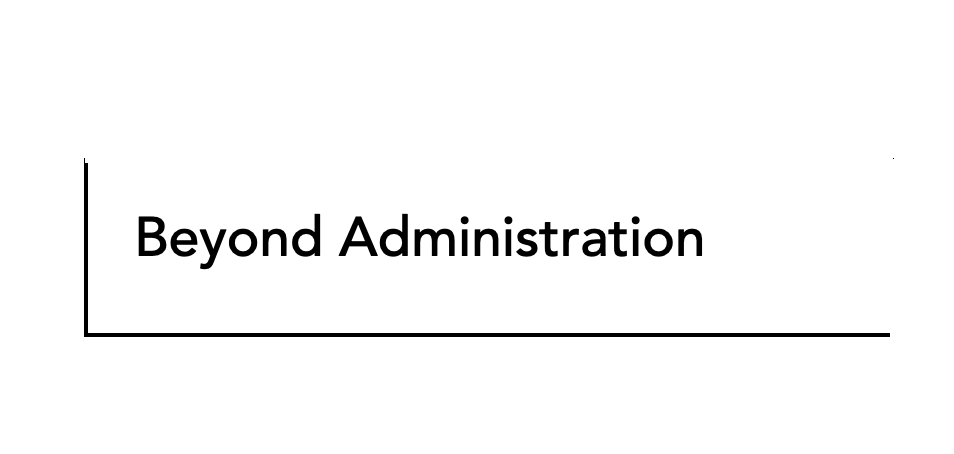As the cost of education continues to rise, managing school fees has become a significant financial consideration for many families. Some of you might be contemplating whether to take out a loan or use a credit card to pay for your child’s education. This decision requires careful deliberation; it’s not just about being able to pay the fees, but also about ensuring that your choice aligns with your financial health and goals.
Understanding the Options
Before we delve into the how, let’s first understand the what. Personal loans and credit cards are the two most common credit options available for paying school fees.
- Personal Loans: These are typically unsecured loans that provide you with a lump sum of money upfront, which you can use to pay school fees. They come with a fixed interest rate and repayment period. The benefit is the predictability of monthly payments and often lower interest rates compared to credit cards.
- Credit Cards: Offering convenience and flexibility, credit cards allow you to pay for school fees even when you don’t have the funds immediately available. However, they often come with higher interest rates, and if not managed properly, can lead to a debt spiral due to their revolving credit nature.
Selecting a Loan for School Fees
- Interest Rates: Look for the lowest possible interest rate. Even a small difference can add up to a significant amount over time.
- Repayment Terms: Choose a loan with repayment terms that fit comfortably within your budget. Avoid extending the term too long to prevent paying more in interest.
- Fees and Charges: Be aware of any application fees, origination fees, or early repayment penalties.
- Loan Amount: Only borrow what you need. It’s tempting to take a bit more, but remember, it’s not free money.
- Speed of Funding: Consider how quickly you need the funds. Some loans can be processed quickly, while others may take longer.
Using Credit Cards Wisely
- Interest-Free Periods: Take advantage of cards that offer 0% interest on purchases for a set period. This can be a great way to spread the cost without paying extra, provided you pay it off within the interest-free period.
- Rewards and Cashback: Some credit cards offer rewards or cashback on purchases, which can be beneficial if you’re able to pay off the balance each month.
- Credit Score Impact: Using a credit card can affect your credit score, especially if you’re utilizing a high percentage of your available credit or if you miss payments.
- Budgeting for Repayment: It’s crucial to have a clear plan for how you’ll pay off the credit card balance to avoid high-interest charges.
Making an Informed Decision
When considering a loan or credit card for school fees, think about your long-term financial health. Create a budget that includes your new potential loan repayment or credit card bill, and see how it fits into your overall financial picture. Consider speaking to a financial advisor to help navigate this decision.
Remember, the goal is not just to pay for your child’s education but to do so in a way that maintains your family’s financial stability and future. Choose wisely, plan meticulously, and invest in your child’s future without compromising your own.






